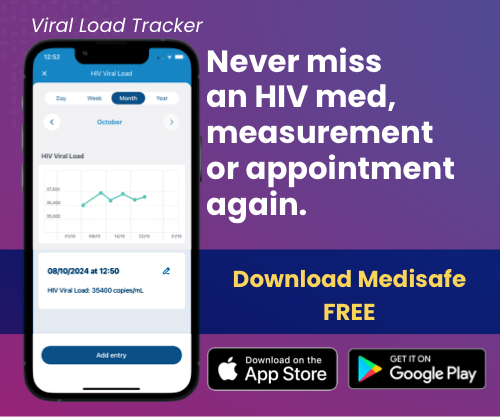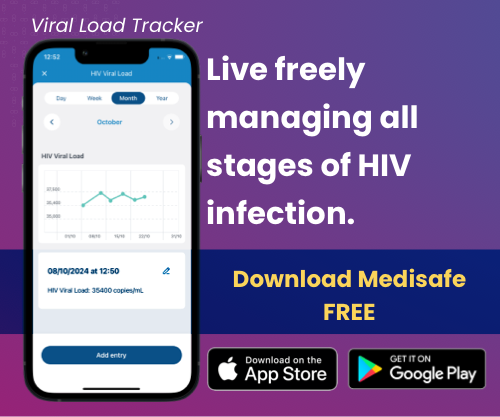Understanding the latest studies and research on HIV-associated wasting is crucial for anyone dealing with this diagnosis. Knowledge empowers individuals to take proactive steps in managing their health effectively.
 Impact of Antiretroviral Therapy (ART)
Impact of Antiretroviral Therapy (ART)
Research has shown that while ART has drastically reduced the prevalence of wasting in HIV-infected individuals, it still poses a concern for many. Some studies emphasize that patients may experience weight gain due to improved health after starting ART, yet they may still face challenges with muscle mass and body composition. The balance between weight gain and preservation of muscle mass is a critical area of ongoing research, especially regarding the long-term effects of ART on metabolism and weight.
Nutritional Interventions
Nutritional support plays a vital role in managing HIV-associated wasting. A range of studies indicates that a high-calorie, high-protein diet, combined with nutritional counseling, can significantly enhance weight maintenance and overall health. These interventions focus on reversing nutritional deficiencies and preventing further muscle loss. Some recent trials have integrated oral nutritional supplements, showing promising effectiveness in improving body composition and preventing weight loss.
 Hormonal Treatments
Hormonal Treatments
Another area of interest is the use of hormonal therapies in addressing wasting. Studies have suggested that testosterone replacement therapy may help reverse muscle loss in HIV-positive individuals experiencing wasting. The use of growth hormones has also been explored, particularly focusing on their potential to stimulate muscle growth and improve metabolic functions. However, these treatments come with potential side effects and should be considered carefully under medical guidance.
Physical Activity and Resistance Training
Engagement in regular physical activity, including resistance training, has shown positive outcomes for those experiencing wasting. Exercise can help build and maintain muscle mass, enhance strength, and improve overall physical function. Recent guidelines recommend incorporating aerobic exercises and strength training as part of holistic care for individuals living with HIV.
Addressing the Psychosocial Aspects
Wasting can significantly impact not just physical attributes but also emotional well-being and self-esteem, leading to psychosocial challenges. Individuals may experience feelings of depression, anxiety, and social withdrawal due to body image concerns. Support systems, counseling, and peer support groups can be essential in managing these feelings and promoting mental health.
If you or a loved one are facing concerns about wasting, consulting healthcare professionals for personalized treatment plans can significantly impact overall health and well-being. Remember, you are not alone in this journey; numerous resources and support systems are available to help navigate the complexities of living with HIV.
Sources and Links:
Dieterich, D. T. (1998). Testosterone Replacement Therapy for HIV-Related Wasting. JAMA. https://doi.org/10.1001/jama.280.22.1959
Nieuwkerk, P. T. (2000). Quality of Life in Maintenance vs Prolonged Induction Therapy for HIV. JAMA. https://doi.org/10.1001/jama.284.2.175
Lo, J. (2008). Low-Dose Physiological Growth Hormone in Patients With HIV and Abdominal Fat Accumulation. JAMA. https://doi.org/10.1001/jama.300.5.509
Koutkia, P., Canavan, B., Breu, J., Torriani, M., Kissko, J., & Grinspoon, S. (2004). Growth Hormone–Releasing Hormone in HIV-Infected Men With Lipodystrophy. JAMA. https://doi.org/10.1001/jama.292.2.210

